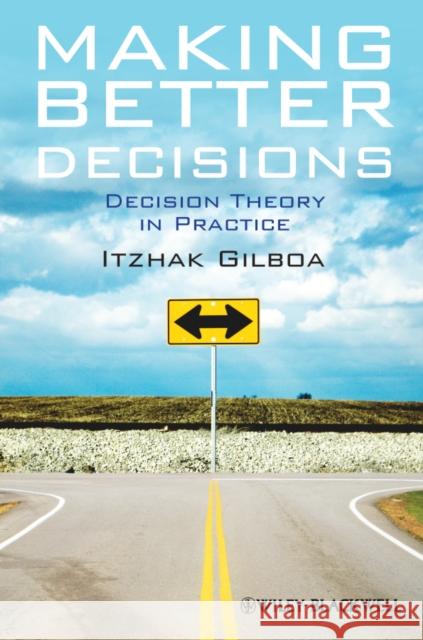Making Better Decisions » książka
topmenu
Making Better Decisions
ISBN-13: 9781444336528 / Angielski / Miękka / 2010 / 232 str.
Making Better Decisions introduces readers to some of the principal aspects of decision theory, and examines how these might lead us to make better decisions.
- Introduces readers to key aspects of decision theory and examines how they might help us make better decisions
- Presentation of material encourages readers to imagine a situation and make a decision or a judgment
- Offers a broad coverage of the subject including major insights from several sub-disciplines: microeconomic theory, decision theory, game theory, social choice, statistics, psychology, and philosophy
- Explains these insights informally in a language that has minimal mathematical notation or jargon, even when describing and interpreting mathematical theorems
- Critically assesses the theory presented within the text, as well as some of its critiques
- Includes a web resource for teachers and students











